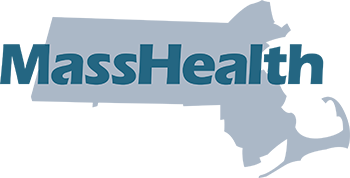What to Know If You Get Help Paying for Health Insurance from Both the Health Connector and Your Employer
Overview A Health Reimbursement Arrangement, or HRA, is an employee health benefit from your employer that reimburses you for your health care expenses up to a certain dollar amount. There are several types of HRAs. This page focuses on two types: Individual Coverage HRAs and Qualified Small Employer HRAs (QSEHRAs). If you are offered one of these types of HRAs, you should have received a clear notice from your employer explaining the terms of the Individual Coverage HRA or the QSEHRA. The type of HRA will appear prominently on that notice. If your employer offers an Individual Coverage HRA or a QSEHRA instead of a traditional employer health insurance plan, you can use it to help pay your monthly premiums for a health plan purchased through the Health Connector. However, these types of HRAs might affect your tax credit eligibility. The Health Connector’s application collects information about employer offered HRAs from you and uses this information to determine your eligibility for tax credits through the Health Connector. Keep your application information up to date. If your income changes, you should update the information you gave us about your expected income in your application. If your employer stops offering an Individual Coverage HRA or a QSEHRA, you should update your application since that may affect your tax credit eligibility. You can read more below about Individual Coverage HRAs and QSEHRAs. Find out if the Individual Coverage HRA or QSEHRA available to you is considered affordable [...]





